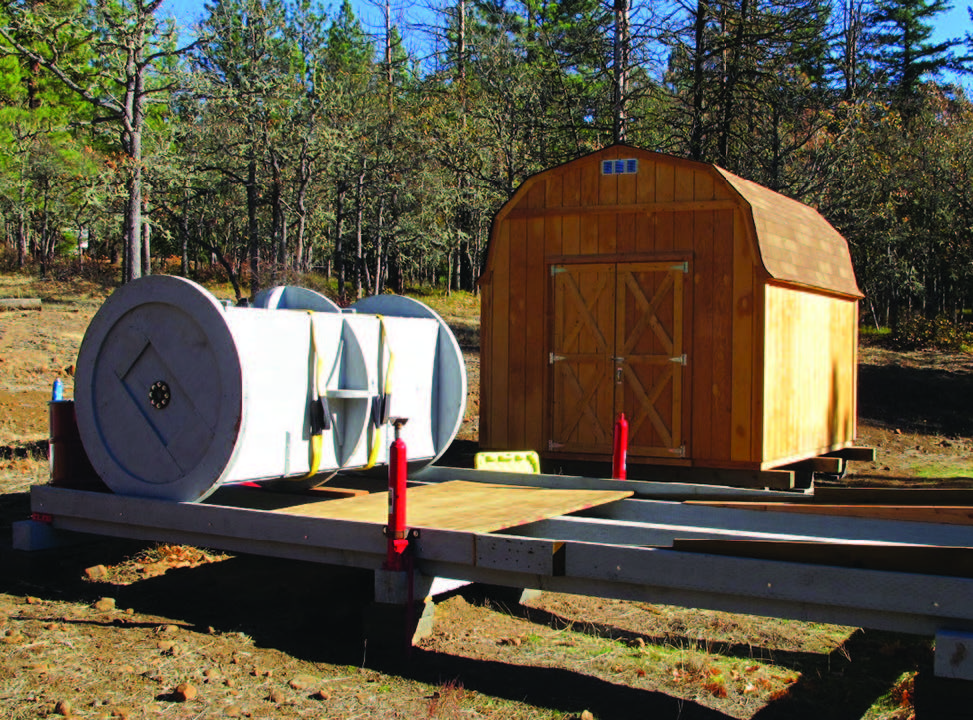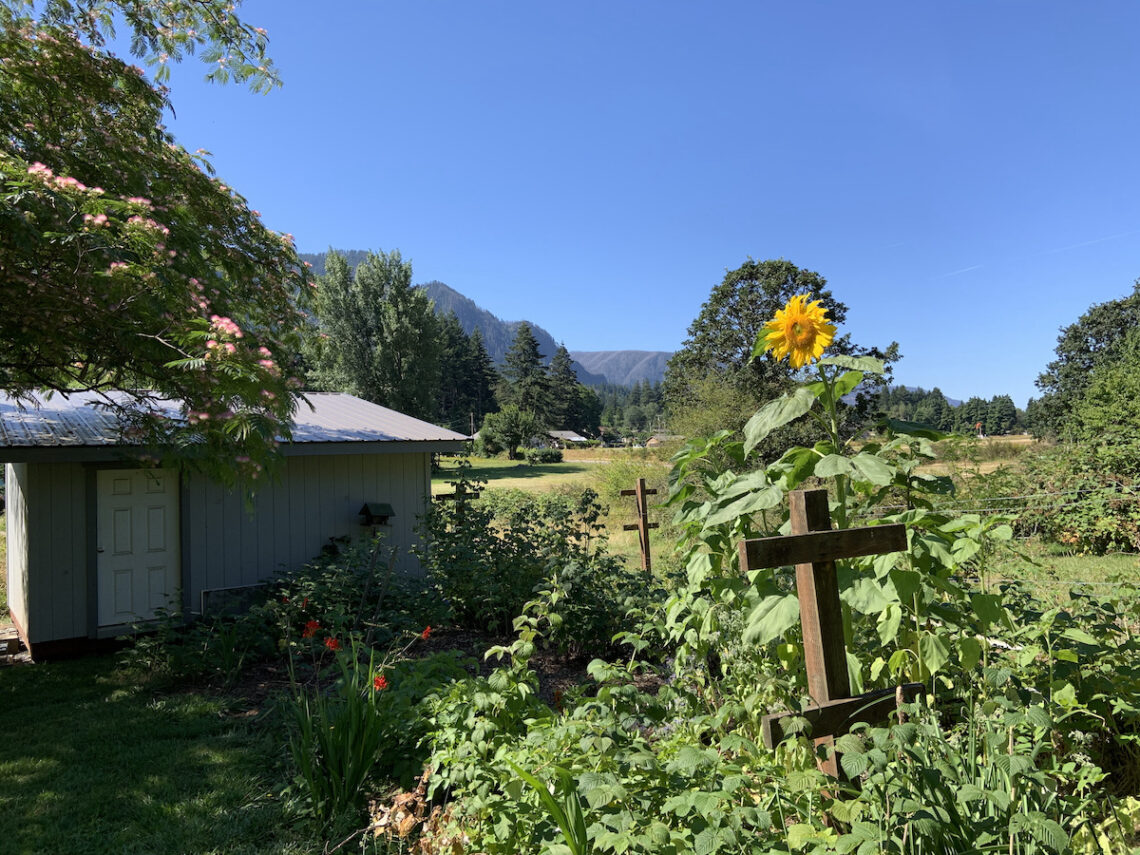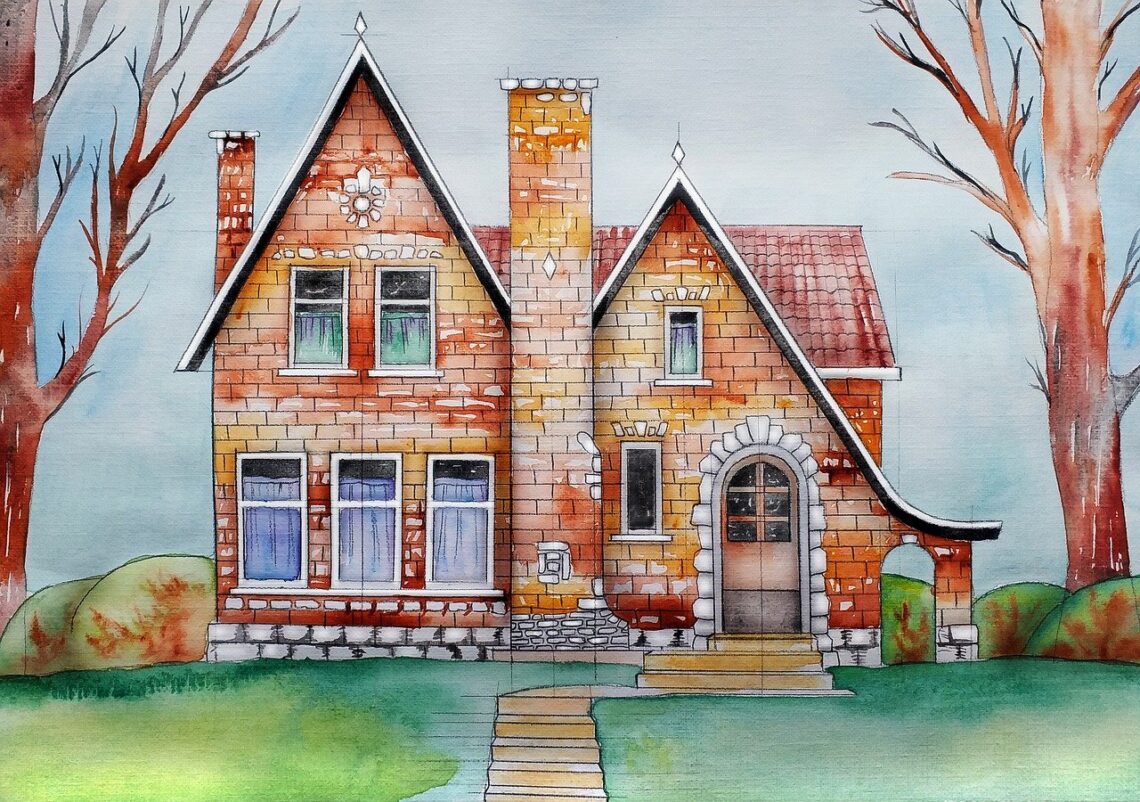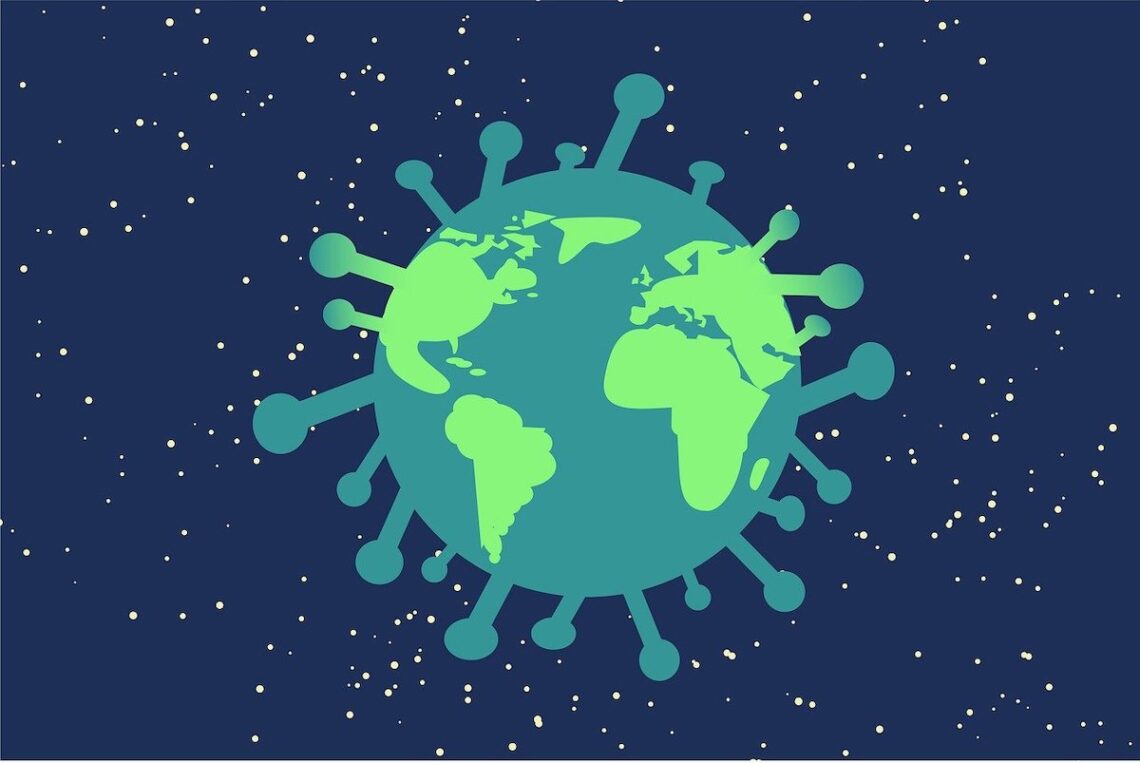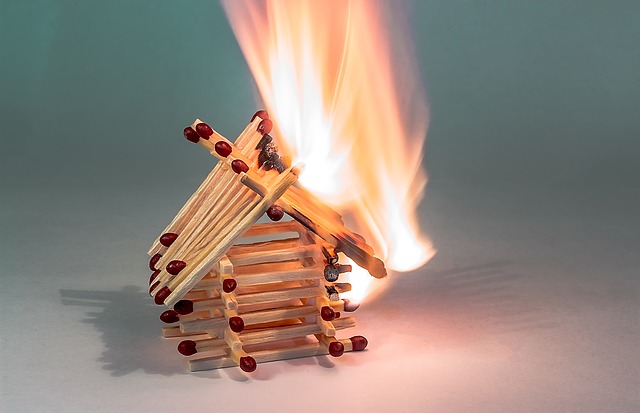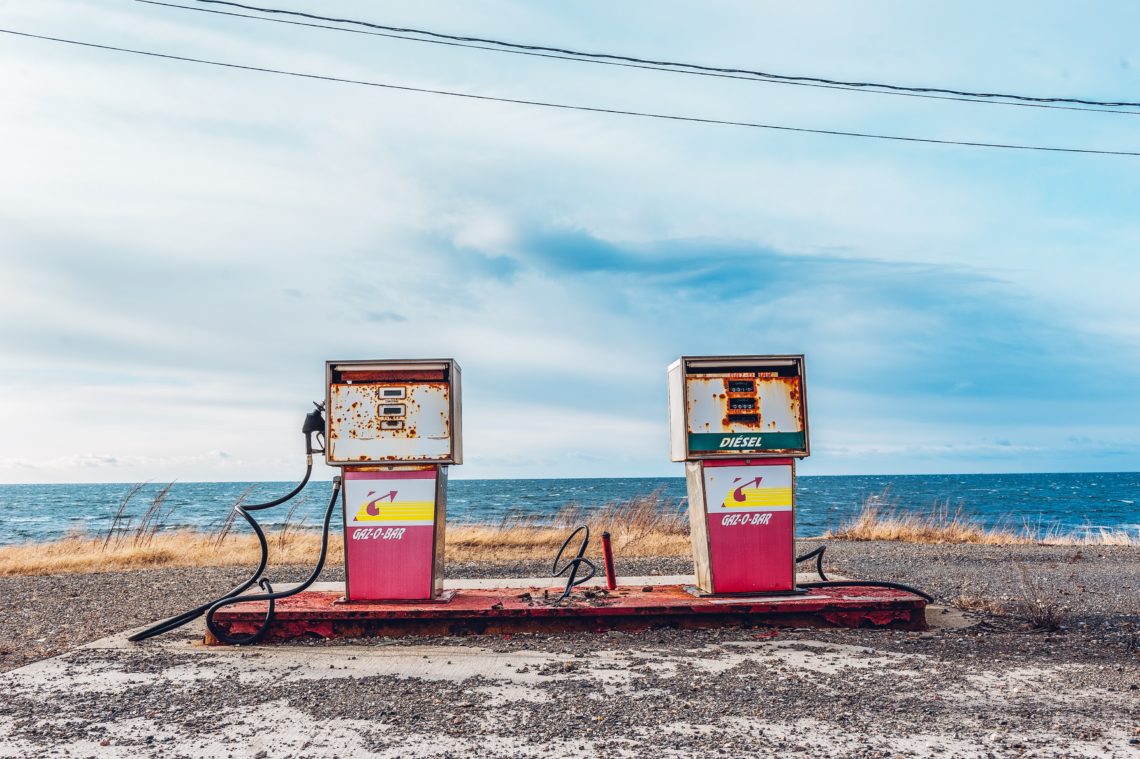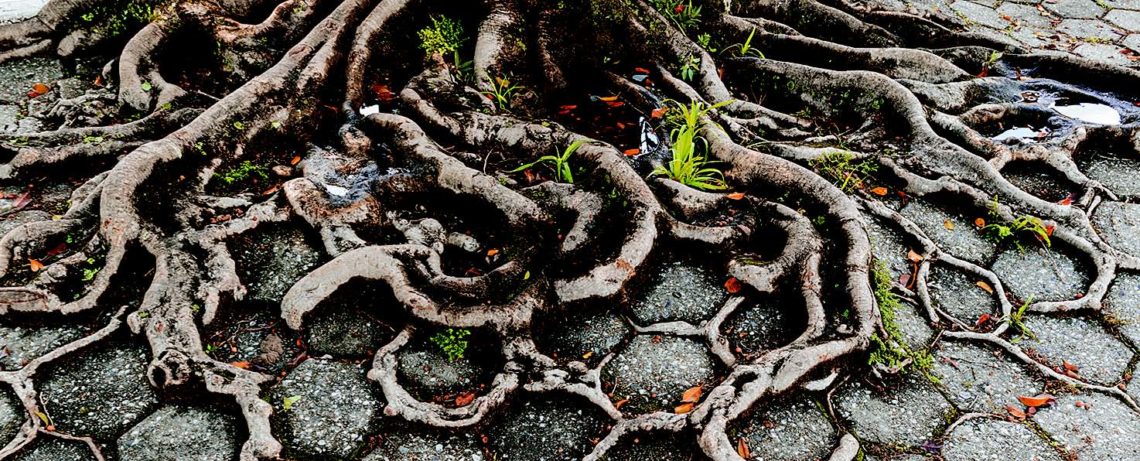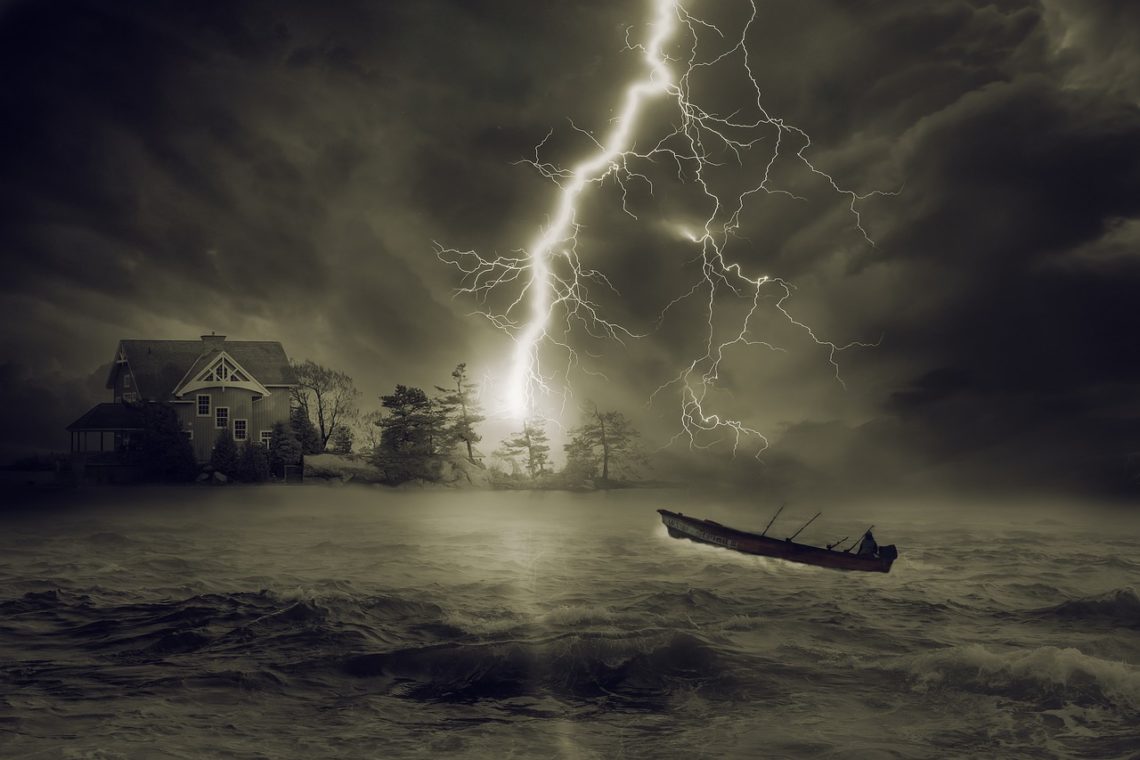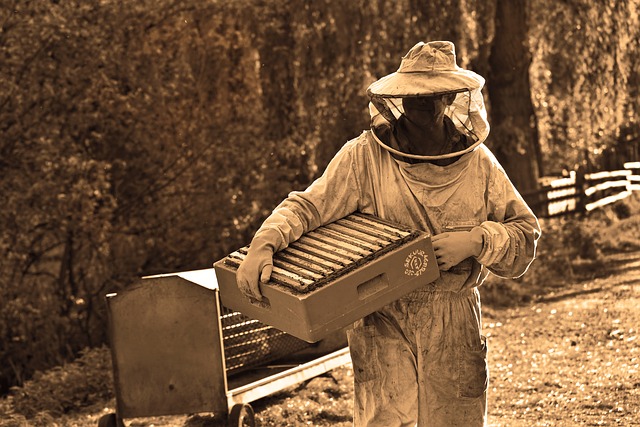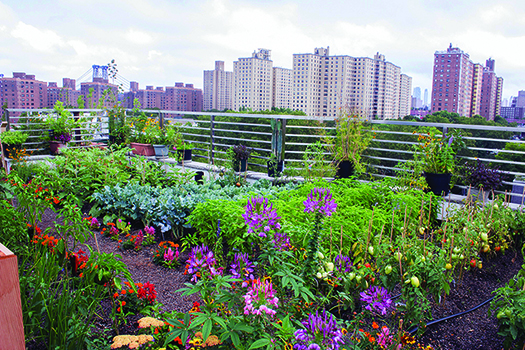ADAPTED FROM HERLAND FOREST WEBSITE On May 1, 2020, Washington State became the first state in the US. to allow natural organic reduction (NOR) as an alternative to cremation services and traditional burials. This law defines “natural organic reduction” as “the contained, accelerated conversion of human remains to the soil.” Think composting. Walt Patrick, steward of the Herland Forest Natural Burial Cemetery in Wahkiacus, Washington holds the state’s first NOR facility operator’s license and on December 20, 2020, he and his staff performed their first NOR investment. The term investment refers to the process of placing someone’s remains into a natural organic reduction vessel encased in the organic matter and…
-
-
Invest in the Future:
When is the Best Time to Plant a Tree? As I sit in my recliner, looking out at our yard through rain-streaked windows, I am overcome with pride and a wonderful sense of accomplishment at what I see. What was an abandoned field 18 years ago, today has raised beds for vegetables, four different types of berry bushes, plus a wide variety of other flowers and plants that are colorful and beneficial to wildlife. But it’s the trees that we have planted over the last 18 years that amaze me the most. They are an eclectic group of paulownia, ash, apple, plum, fig, locust, cedar, maple, and mimosa trees, all…
-
Dunn Fixxin
In the early 1980s, I was involved in several of the many reforestation projects that were taking place in the blast zone resulting from the eruption of Mt. St. Helens. Our crew was stationed in Longview, so each day, we had about an hour’s drive through scattered homes, small farms, and occasional businesses on the way to our planting area. About midway, there was a home that stood out from all the rest, so much so that I have never forgotten it. And not because it was impressive in size or had a spectacular setting. In fact, just the opposite was the case. It was a small, unassuming house in…
-
It Is What It Is
On December 31, 2019, the U.S. Centers for Disease Control and Prevention (CDC) became aware of coronavirus cases in China. They began developing reports for the Department of Health and Human Services (HHS) on January 1. Just a few months after that, the coronavirus left 40 million Americans without jobs, tanked our economy, and killed over 170,000 of us. Now, here we are in August, more than 1000 people are still dying every day, and yet, the official response is, “It is what it is.” In other words, the 170,000+ deaths were unavoidable in the eyes of our national leaders. They believe they did everything possible to curtail the effects…
-
House Fires
Greta Thunberg gets it: our house is on fire. This is the second time in my lifetime that our house has been on fire. I was only 3 years old when Pearl Harbor was attacked on December 7, 1941, thus starting WW II. I was too young then to remember that day, but I do remember the cold day in February of 1946 when my father came home from the Philippines. Our family was lucky, others weren’t, as more than 400 thousand didn’t come home. It took more than 16 million Americans (out of a population of only 140 million) serving in the military to put that fire out, plus…
-
Changing Direction
“A long habit of not thinking a thing wrong, gives it a superficial appearance of being right, and raises at first a formidable outcry in defense of custom. But the tumult soon subsides. Time makes more converts than reason.” — Thomas Paine, from the introduction to Common Sense. For more than 200, years we have accepted the burning of fossil fuels as the way to power our rapidly changing modern world. For more than 100 years, we have accepted the gasoline-powered car for personal mobility. For more 70 years, we have accepted crop hybridization, chemical fertilizers and herbicides as the means to feed our exploding population. For more than 60,…
-
Resilience Today
Resilience is a frequent topic of conversation these days, especially after a major catastrophe or when planning for some future disaster. The Cascadia subduction zone earthquake comes to mind for the latter. We talk about the need for resilience in our personal lives, in our organizations, in our businesses, and in our city, state, and federal governments. We talk a lot about resilience, which is a good thing, since history has proven the value of human resilience. However, there may be another side to resilience that is not discussed An op-ed piece by Parul Sehgal in the December 1, 2015 issue of the New York Times Magazine, opens with the…
-
A Healthy Home
Home is the sailor, home from sea, And the hunter home from the hill. — Robert Louis Stevenson Traditionally, “Home” referred to the roof over your head, be it a shack or a mansion. Regardless of what your home is, the belief that “A man’s home is his castle” is deeply rooted in our American way of life. Across the millennia, our homes have provided refuge from the outside world, a place of safety, warmth, and security. What is becoming more apparent as the years of the 21st century slide into history, is the reality that “home” can no longer provide refuge from the outside world. Centuries of progress, consumerism, population growth,…
-
The JUNK FOOD Effect
A new and important strain of research on CO2 and plant nutrition is now coming out of the U.S. Department of Agriculture.
-
Homesteading
Today, the western frontier has been settled and most of us live in urban areas, but that doesn’t mean there is no place for the homesteader. Rather than going extinct, the homesteaders of our species have adapted and have re-appeared as the solution to new problems created by urbanization. Thus was born the Urban Homesteader.

